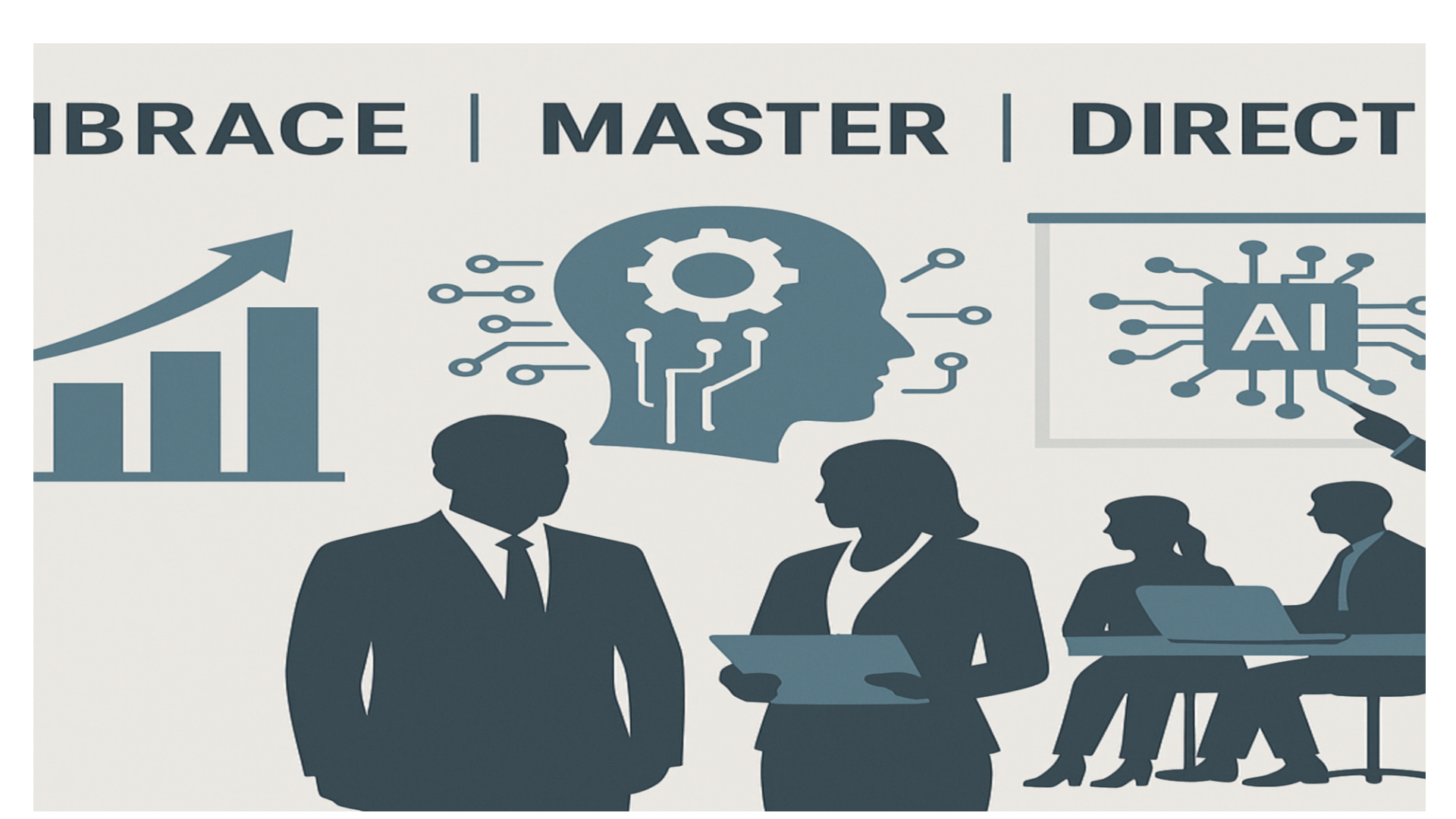Last Updated on 31/08/2025

Both here and elsewhere, there has been an ongoing discussion about what AI (Artificial Intelligence) means for human productivity. A more ominous, and related, discussion concerns the implications of the technology for employment, or, more accurately, the risk of unemployment. A comprehensive Microsoft research paper dated July 22nd, 2025 identifies the occupations most at risk from AI. This paper is a good read, but scroll down to page 12 immediately if you’d like the list.
Grouped by occupation these include:
- Sales,
- Computer And Mathematical roles and
- Office And Administrative Support
By contrast, manual labourers and skilled tradespeople, as well as doctors and nurses, are considered among the safest occupations.
Obviously, considering the latest scientific thinking, being analytical about the information and taking in the research in a clear-eyed manner is important. We all have our inherent personal and occupational biases – including those who work for companies like Microsoft or Nvidia (see below) – which taint our judgments. Yet, it is necessary for us to think less about esteem and societal expectations and more about reality when choosing educational paths and career directions going forward. Advertising Creative Director may sound more prestigious than Dredge Operator, but is it truly more secure in the age of AI? And does the imperative to work make us less choosy about which jobs we occupy? Because perhaps the job didn’t go away, but it surely changed. You are not working alone. You, and your team, are working with AI now.
While we reflect on this, two additional points should be made. First, no matter whether one believes AI’s impact on society will be large, moderate, or small, those estimates are likely exaggerated. The reason is simple: resources are limited. Consider $1,000 set aside for investment: if allocated to Nvidia, that amount isn’t additional growth, but diverted from another potential investment. If that full amount (or even part of it) goes into, say, Nvidia, that doesn’t mean society has gained an extra $1,000 of investment overall. Instead, it means that $1,000 was directed toward Nvidia rather than something else. In other words, the benefit to one area comes at the expense of another, so the net effect on society’s total pool of investment is smaller than the raw figure suggests.
Secondly, to whatever extent AI will impact our lives and jobs, it makes the most sense to scale yourself and become the AI expert for that role. So, Customer Support managers could become the AI Support Specialists, Automation Programmers, Customer Support Analysts, call it what you will, for Customer Support AI. Salespeople or Sales Managers need to embrace AI and fight any redundancy by becoming adept Sales AI workflow managers, AI Sales Architect, Sales AI programmers or Sales AI Operation Managers. Get into your core business processes and become the go-to resource for such knowledge. Here is Nvidia CEO Jensen Huang: “Every job will be affected, and immediately. It is unquestionable. You’re not going to lose your job to an AI, but you’re going to lose your job to someone who uses AI.” Again, Huang’s perspective comes from a vested interest, but directionally, the logic makes sense. In other words, if you can’t beat them, join them.
Embrace AI, become part of the change and help rethink the way your company is organized and thinks about the technology. Functions like chatbots, virtual support agents and content creation are productivity gainers, but surface-level. The real prize is in rethinking your business process for qualitative and quantitative reasoning that is transformational and who understands those weaknesses and inefficiencies better than the user community, that is, you.
Things That Need To Go Away: Not Thinking About Outcomes And Being Reactive And Not Proactive About AI Solutions.


